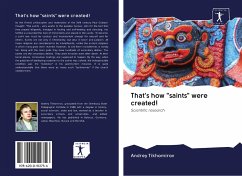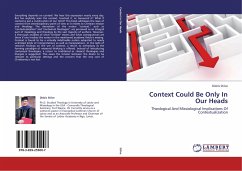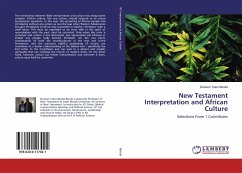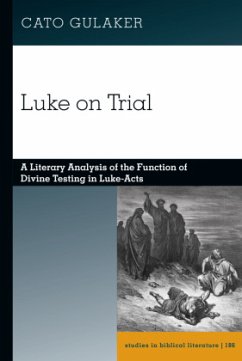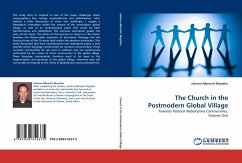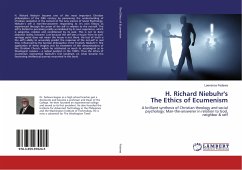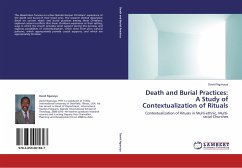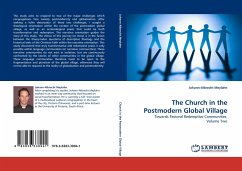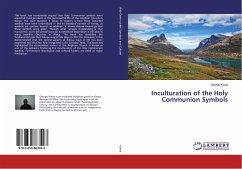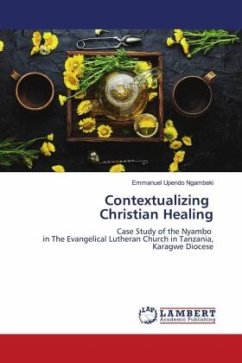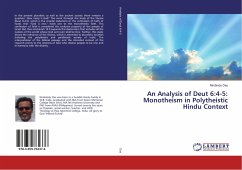
An Analysis of Deut 6:4-5: Monotheism in Polytheistic Hindu Context
Versandkostenfrei!
Versandfertig in 6-10 Tagen
55,99 €
inkl. MwSt.

PAYBACK Punkte
28 °P sammeln!
In the present pluralistic as well as the ancient society there remains a question: How many is God? This work through the study of the Shema (Deut 6:4-5), which is the creedal statement or the confession of faith of Israel, that "God is one," leads one to the monotheistic faith. This confession of faith is considered the exclusive property of the people of Israel. But then Zechariah 14:9 expands this declaration that includes all the nations of the world whose God and ruler shall be One. Further, this study shows the relevance of the Shema, which is extended to pluralistic societies including...
In the present pluralistic as well as the ancient society there remains a question: How many is God? This work through the study of the Shema (Deut 6:4-5), which is the creedal statement or the confession of faith of Israel, that "God is one," leads one to the monotheistic faith. This confession of faith is considered the exclusive property of the people of Israel. But then Zechariah 14:9 expands this declaration that includes all the nations of the world whose God and ruler shall be One. Further, this study shows the relevance of the Shema, which is extended to pluralistic societies including the polytheistic and pantheistic society of India. The interpretation of the biblical passage and the intended context of the research points to the oneness of God who desires people to be one and in harmony with the divinity.



